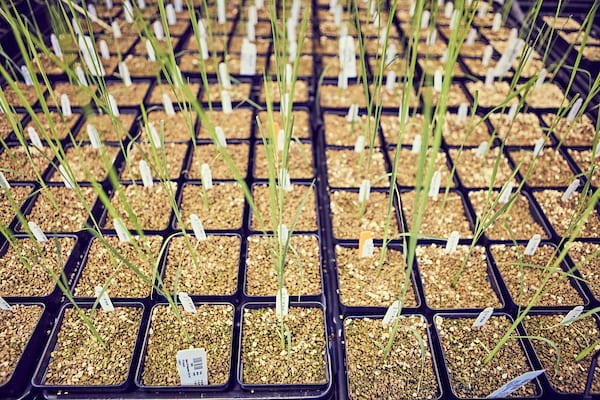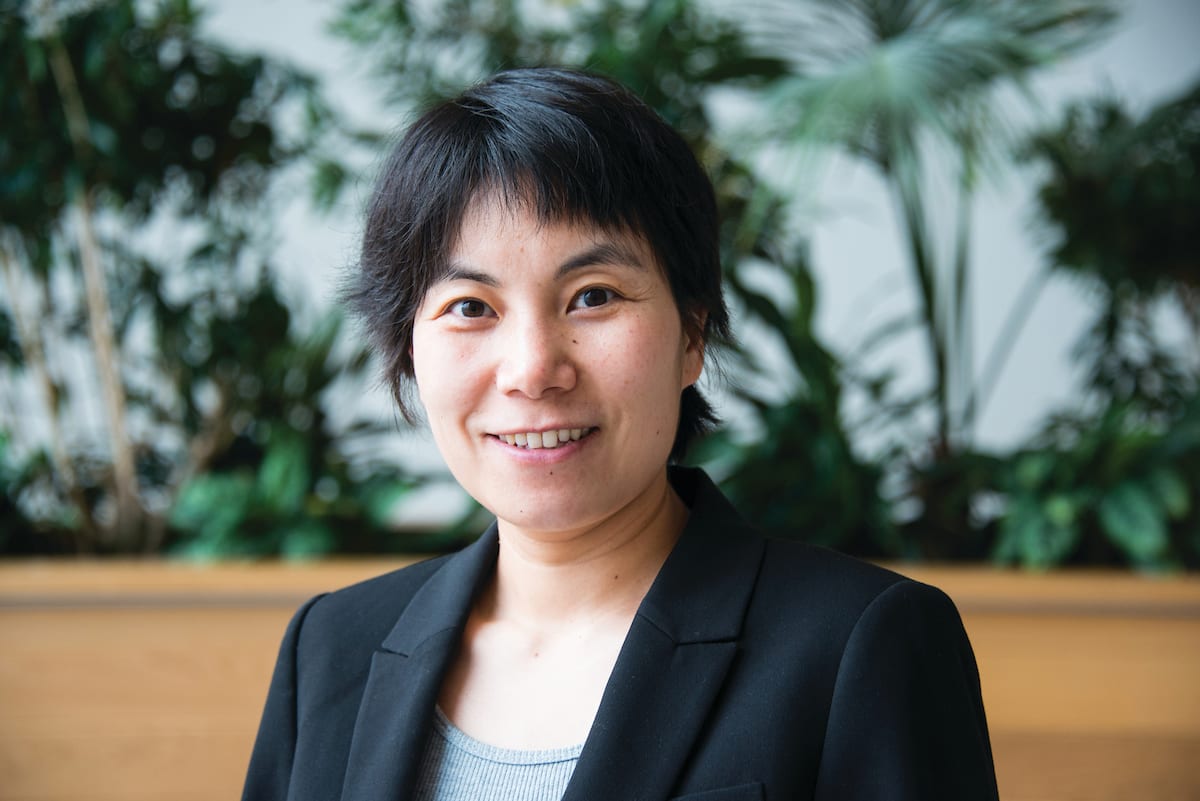Creating Biotechnology Tools
In Bing’s lab, rice is considered king.
The lab uses rice as a model plant to develop biotechnology tools that allow scientists to make precise changes in a plant’s genetic makeup. These gene editing tools help create improved varieties of rice, a staple food of more than 3.5 billion people.
By using rice as a model crop, the lab can ultimately apply this research to improve other grass species like corn, sorghum, wheat, and switchgrass.
And the tools that Bing’s lab is developing aren’t just limited to his lab. “It’s important to me that we share our knowledge. We make our biotechnology toolkits available to other scientists to use in their research, so these powerful tools can have a bigger impact in advancing plant science research,” explains Bing.
Ending The Bacterial Blight Epidemic
When a pathogen interacts with a plant, two things can happen: the plant becomes infected, or it resists the disease. Bing’s lab also focuses on how to make rice more resistant to bacterial blight. Bacterial blight is a disease that can inflict major damage to young and old rice plants, creating crop losses in a severe epidemic of up to 75 percent.
“With better understanding of how diseases infect plants, combined with advanced biotechnology tools, we can develop genetic resistance in rice varieties. Our goal is to give smallholder farmers seeds and tools to manage blight disease and reduce harvest losses,” explains Bing.

Innovating Through International Collaborations
Through Bing’s Healthy Crops Project, he and his team have developed a collaboration with multiple international research labs. Together, the consortium have begun developing rice varieties that are not only resistant to bacterial blight, but multiple pathogens in the field.
“We still face challenges ahead,” says Bing, “But I believe we can eventually help farmers effectively control bacterial blight and eliminate the epidemic.”


